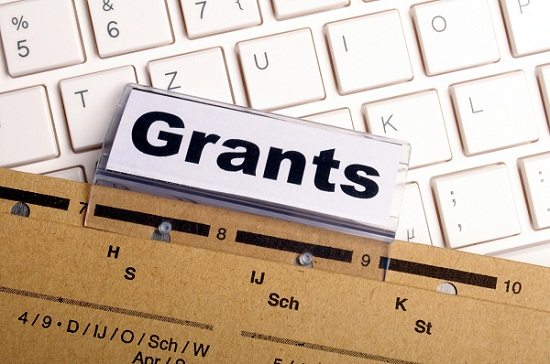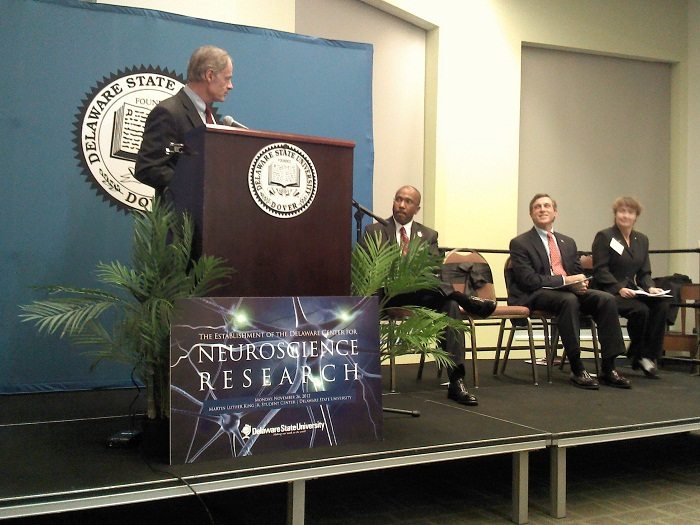Writing a decent Science Grant Proposal is a vital skill. You must master this proposal if you are a researcher or scholars. The proposal is important to get sufficient funding for their research.
The main objective of the grant proposal is to persuade the readers, in this case: the grant provider that you and your research project deserve to be supported by their fund.
A good science grant proposal has at least contain brief and clear description about the research project’s background. Besides, it provides a strong and valid point of why the research project is worthy of their money and support.
The length of the science grant proposal is varied depends on the grant provider’s requirements; it could be three pages long, ten pages or even more. In the process of writing the science grant proposal, you have to remember that it should follow the American Psychological Association (APA) formatting.
Complete Guide to Write Science Grant Proposal
In order to make things simpler and easier for you, especially if you are new in the world of researching and research fund-hunting, we will give you a brief walkthrough on how to write a decent science grant proposal. Hopefully, this tips and steps by steps walkthrough can be used as your guidelines in writing the grant proposal. Without further ado, here are the step by step direction and tips:
1. Compile Important Title Page
Firstly, start the writing process by compiling the all-important title page. The title page is vital to provide all relevant information regarding the research project. For instance, the project title, the researcher’s personal information, place and time to conduct the research as well as a valid timeframe.
After the title page, you also have to write a brief statement to explain the quintessence of your research project as well as the objective you wish to achieve through the research. Keep in mind to make the explanation brief, clear, and has no more than around 15 to 20 lines.
2. Understand Your Audience
Before writing a grant proposal, you must understand your target funder. For example, you need to identify their priorities, goals, and criteria. Different funders require different formats, expectations, and deadlines for the proposals. Therefore, you must learn the requirements carefully so you can write the proposal to answer their needs.
3. Write Clearly
You must have a clear, coherent, and concise grant proposal. It is important to use simple and precise language. There should be no jargon or other technical terms in your proposal. Even you must explain any abbreviations or acronyms there. Another thing to consider when you want to write a grant proposal is avoiding using passive voice, but use active voice.
Besides, make sure that your grant proposal uses transitions and headings. This will guide your reader. Also, your grant proposal must have a logical structure, including: introduction, background or literature review, research plan, budget, and conclusion. Mention the purpose, the main point, and the evidence for each section.
4. Tell the Reader the Value Proposition
When you want to write a grant proposal, make sure that it is more than just describing the things you want to do. But you must know why you want to do that thing and why it is important. Therefore, you must tell the reader about your value preposition that must be a unique contribution or benefit. Make sure that your research will give something significant for your funder, your scientific community, and the society.
Also, it is important to tell that your research can answer the mission, the vision, and the goal of the funder and how you can use this research to give a positive impact in that field. Keep in mind that you must demonstrate your competence and our credibility by telling your experience, qualifications, and achievements.
5. Write A Research Literature Review
The second step is to write a research literature review. In this step, you assess several pertinent types of research previously done prior to your current research. This step is an opportunity to show how updated and how qualified you are in the respective field of research.
Another purpose of the research literature review is to show the grant provider about the contribution of your research to the development of science. In this part of the science grant proposal, you may also add your previous relevant published work in the respective field. This will increase your qualification over other candidates.
6. Write the Outline of Research Project
The next step is to write the outline of your research project. This part of the proposal should contain information such as the stages of your project, the methodology to use, and a projected timetable as well as the final goal of your research. This part should be the majority of your grant proposal. Later, it will be the general project guidance to your research project.
The important thing to do when writing science grant proposal is to make it complete. You need to add a bibliography of any research cited in your proposal and the list of any attachment to include.
7. Proofread
Polish or proofread your grant proposal before submitting it. You must check your grammar, punctuation, spelling, and formatting all errors, including inconsistencies. You must also ask for the evaluation from your mentors, colleagues, and peers who can give you constructive suggestions for improvement.
Besides, you must review the criteria again, so you can meet all the requirements and then follow he instructions. It is important to avoid plagiarism and other ethical problems that can downgrade your credibility or reputation.
Summary
Writing a powerful grant proposal becomes a crucial skill for all scientists who want to get and secure funding for conducting their researches. Using a grant proposal means that you will write a document to tell your research question, method, outcomes, and budget to any potential funder.
From a powerful grant proposal, the funder can see your quality, your expertise, and your relevance or contribution to your field. The way you write a grant proposal can make you stand out from other researchers. In the end of the day, you can convince the funder to support your science grant proposal.
References:
- Images: hamline.edu, www2.suffolk.edu, w3.biosci.utexas.edu
- (https://www.linkedin.com/advice/0/what-key-elements-successful-grant-proposal)




